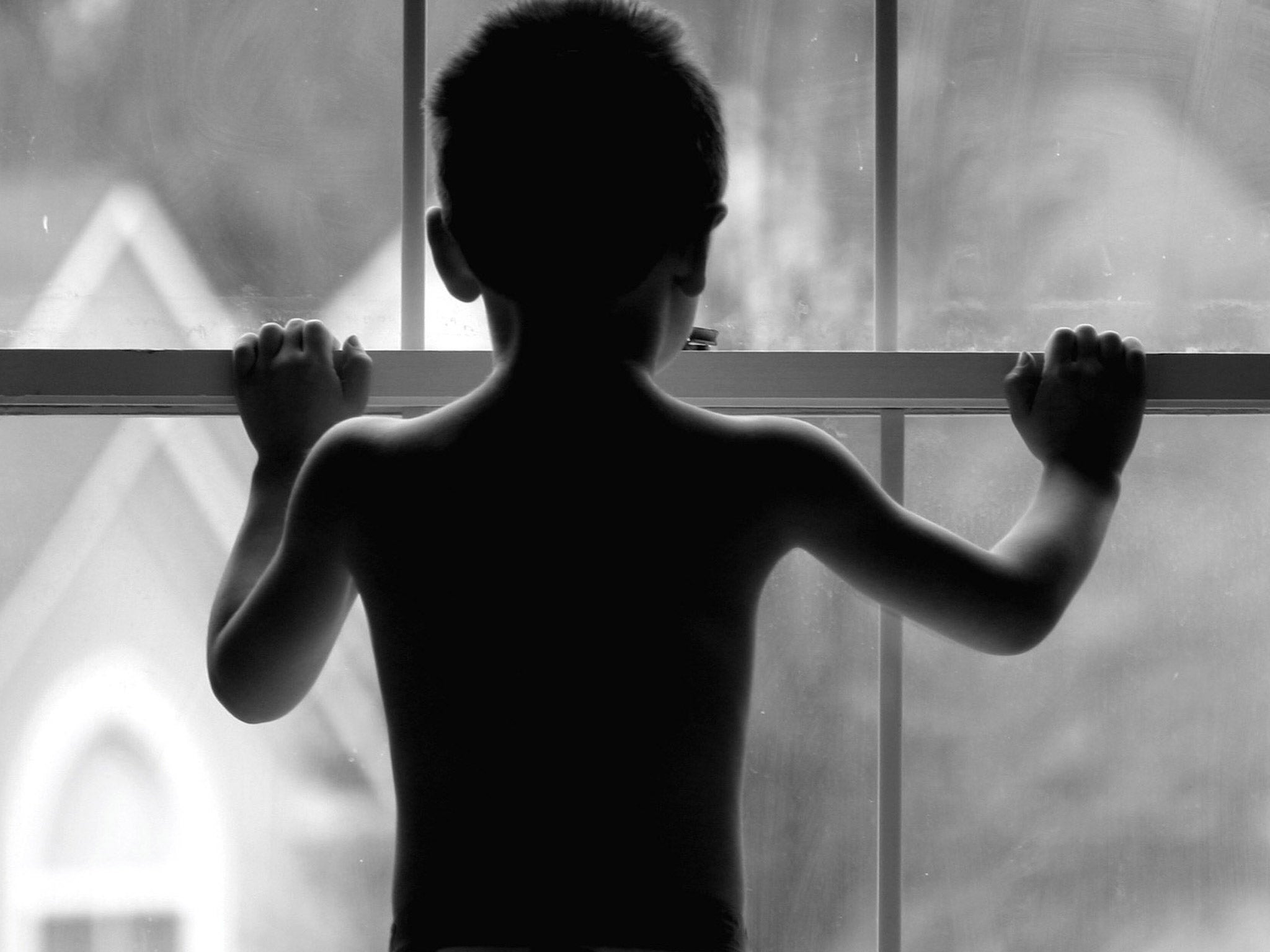Judge says 'cultural context' should be considered when investigating allegations of parental child abuse
Mrs Justice Pauffley's comments have enraged child protection experts

A High Court judge has enraged child protection experts after saying that “cultural context” should be taken into account when investigating allegations of parental child abuse.
Mrs Justice Pauffley said that within “many communities newly arrived” in Britain, children were “slapped and hit” for misbehaviour in a way which “at first excites the interest of child protection professionals.” Speaking about a particular case involving a boy who claimed he had been hit with a belt by his father, she said “proper allowance must be made” for the fact the family came from another culture - in this case, India.
Child protection experts have expressed their astonishment at the statement, saying that culture can never be a factor in assessing whether child abuse is taking place. An NSPCC spokesman said of the judge’s comments: “Children need to be protected irrespective of cultural sensitivities. Different practices are no excuse for child abuse taking place in this country and the law doesn’t make that distinction. Every child deserves the right to be safe and protected from physical abuse and the courts must reflect this.”
The Family Division High Court judge was deciding on a case in which a boy, who turns eight this month, complained that his father had physically assaulted him. The boy’s parents, who met and married in India, came to England on a six month visa and ended up staying on in the country.
The father opened the case because he wanted his son returned to his care after he was arrested on suspicion of assaulting his wife and told to stay away from her and the boy.
Mrs Justice Pauffley had to make a preliminary decision about whether it was likely the man had attacked his wife and son. She concluded, following a hearing in London, that he had assaulted his wife but had not physically abused his son.
The boy had told investigators of physical assault, saying: “With his belt, he kind of hits me.” He described being hit on his back and leg with a “long belt”.
When asked how he felt, he replied: “Sad ... But I'm little brave ... I'm not scared of him... But normally I'm sad.” He nodded when asked whether it hurt, or left marks and whether they “went quite quickly”.
The father denied ever striking his son “with a belt or otherwise” but said he would give him a “slap or a tap”. He claimed: “this was not to slap [him] badly but to keep him disciplined.”
The man’s wife said she had seen him slap their son twice - as well as seeing him push and shout at their son.
But Mrs Justice Pauffley said: “I do not believe there was punitively harsh treatment of (the boy) of the kind that would merit the term physical abuse. Proper allowance must be made for what is, almost certainly, a different cultural context.
“Within many communities newly arrived in this country, children are slapped and hit for misbehaviour in a way which at first excites the interest of child protection professionals.”
She added: “In this instance ... (the boy) did not appear to have suffered more than sadness and transient pain from what was done to him.”
Alan Wood, head of children’s services in the London Borough of Hackney and former president of the Association of Directors of Children’s Services, said: “I can’t see what cultural practices are acceptable that involve physically hitting and restraining children. It seems a very unusual comment by the judge and I’d be surprised if the matter isn’t looked into at the Ministry of Justice.”
A press spokesman for the Judiciary said they were not yet looking into it but would do if they received formal complaints.
Mrs Justice Pauffley concluded that the man had subjected his wife to a “horribly aggressive and violent assault” in October 2014, where he attempted to strangle her and “violently pushed” her. She said the woman was extremely distressed and the boy “worried, even terrified.” The judge gave no detail about the progress of any police investigation.
It is not illegal for a parent to hit their child as long as the smack amounts to “reasonable punishment”. Unreasonable punishment is classed as a smack that leaves a mark on the child, or the use of an implement to hit the child, such as a belt or cane.